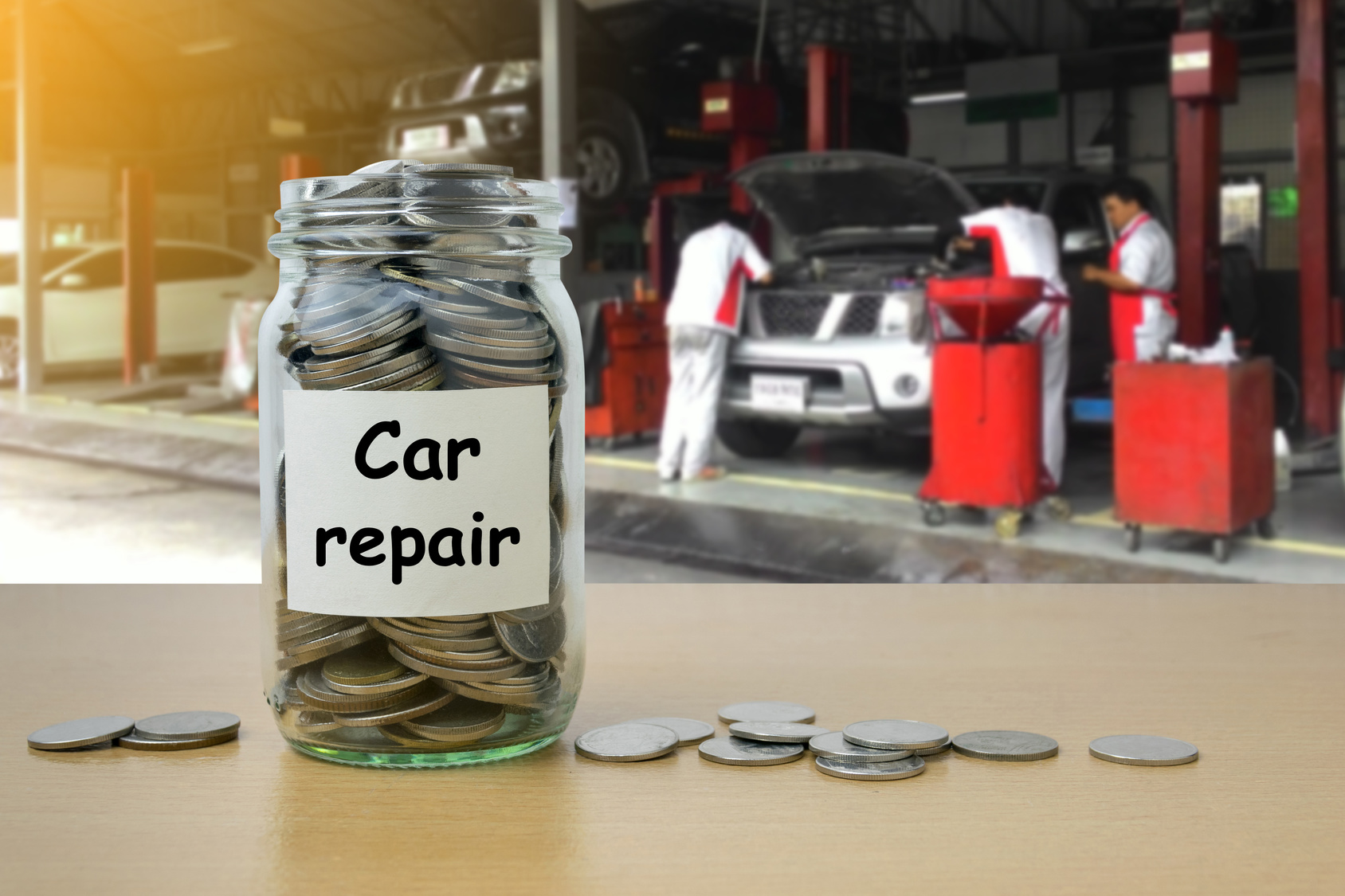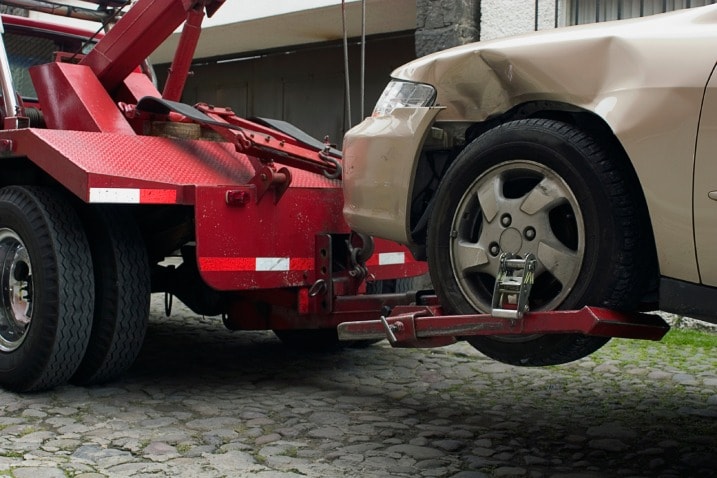Regularly Asked Concerns (FAQs) Why is cars and truck insurance required? The primary reason that automobile insurance is compulsory is to protect the victims in an accident.
Liability coverage ensures that the other driver will have their damages covered. What is the minimum required cars and truck insurance in most states? Many states require liability coverage for physical injury and property damage, which covers the other chauffeur if you're at fault in a wreck. The precise quantity of required liability protection differs by state, and some states need extra protection, such as uninsured vehicle driver or accident protection.
A lender wants to guarantee its collateralin this case, your car is safeguarded.
The Best Guide To Driving Without Insurance - Confused.com
In this article: The idea of having automobile insurance coverage when you do not own an automobile might sound silly, but there are times when it's the smart thing to doeven if you do not prepare on driving. If you do not own an automobile, you'll still require automobile insurance if you wish to drive while traveling, for instance, or want to avoid your future rates from increasing due to a lapse in protection.
Depending on your insurance strategy, non-owner insurance may also consist of medical payments protection (sometimes called accident security), which covers medical and other expenses if people in the automobile you're driving are injured in an accident. It may consist of uninsured/underinsured motorist liability insurance, which can help pay medical costs and other expenditures if the other motorist doesn't have enough insurance.
Non-owner car insurance coverage only covers liability; it does not consist of collision or thorough insurance coverage, which cover damage to or theft of the vehicle you're driving. That's due to the fact that accident and extensive protection are priced based upon the specific automobile you drive. Without any method to forecast what vehicle you'll be driving as a non-owner (will it be an old beater or a new BMW?), insurance companies can't offer protection for the car itself.
Top Guidelines Of Finding Car Insurance Coverage (Even When You Don't Have ...
If you have actually had a major moving violation, such as driving while intoxicated, the court might need you to carry non-owner insurance coverage to keep your driver's license. The insurance provider will file what's called an SR-22 document (or an FR-44, in Virginia and Florida), certifying that you have the minimum insurance required by the state.
Insurance providers like to see a record of continuous care insurance coverage. A break in your coverageeven if you didn't own a car throughout that periodcan make it harder to get automobile insurance coverage later on or make it more costly. If you take a trip regularly and rent cars and trucks on your trips, you might desire non-owner insurance.
The owner of the cars and truck in question should include you on their policy to ensure you're covered need to you obtain their cars and truck. Although these services might supply restricted insurance coverage in certain circumstances, they generally focus on damage to the vehicle rather than injuries to yourself or others. If you use car-sharing services regularly.
5 Easy Facts About Car Insurance Applications: What If You Lie? - Investopedia Explained

Without a driver's license, you can't get a non-owner policynor must you be driving. Your own vehicle insurance will normally provide minimal coverage when you obtain another person's cars and truck or drive a rental cars and truck. (Talk to your insurer to be sure before you hit the roadway.)Just How Much Does Non-Owner Car Insurance Cost? Non-owner vehicle insurance coverage typically costs less than what you would spend for the same coverage on a cars and truck you own.
Insurance companies have to consider how pricey the automobile is to replace or repair. With non-owner car insurance coverage, your driving history is the most important aspect in determining your premiums. The rate for non-owner insurance coverage can also differ depending on your age, how frequently you plan to drive and other elements that might flag you as high-risk in the eyes of insurance companies.
Keeping accounts open likewise extends the length of time you've had credit, which is another factor in your credit score. Is Non-Owner Auto Insurance Coverage Right for You? If you don't own your own vehicle however often drive your friends' cars, use car-sharing services or rent cars and trucks, non-owner auto insurance can use additional defense.
A Biased View of What Happens If The At-fault Party Isn't Insured? - Langdon ...
Discover what takes place if another person drives your car and enters into a mishap. There are times in life when we need to let someone borrow our automobile, but we think twice allowing them to utilize it because we do not know if we can, or if we should. We wonder: Can my babysitter use my automobile to drive my kids to the swimming pool? Can my buddy drive my vehicle? Can my brother-in-law or other household member obtain my car for the weekend? Can I drive another person's car? Will my good friend's insurance cover any damages I cause while driving their lorry? Do irregular motorists require to be contributed to my policy? At the heart of it, we want to know, "If we provide authorization and they get into an accident, is it covered by my insurance? Is it legal for somebody to drive my automobile who is not on my insurance coverage?" "Normally, it's not a problem if they're driving with your authorization," states Jeanne Salvatore, Elder Vice President of Public Affairs and consumer representative for the Insurance Details Institute.

It depends on your insurance company and your specific policy. For example, coverage guidelines and policies might be various if the motorist lives in your home and could, or should, be listed as a named guaranteed on your policy, but is not; or, if the driver is listed on your policy as omitted.
Typically, even if the individual driving your vehicle has his or her own insurance, your insurance will be the primary payer for damages brought on by your lorry; but, the individual driving your automobile needs to be found lawfully at fault prior to your insurance will pay. The chauffeur's insurance is secondary and may cover some accident or medical expenditures.